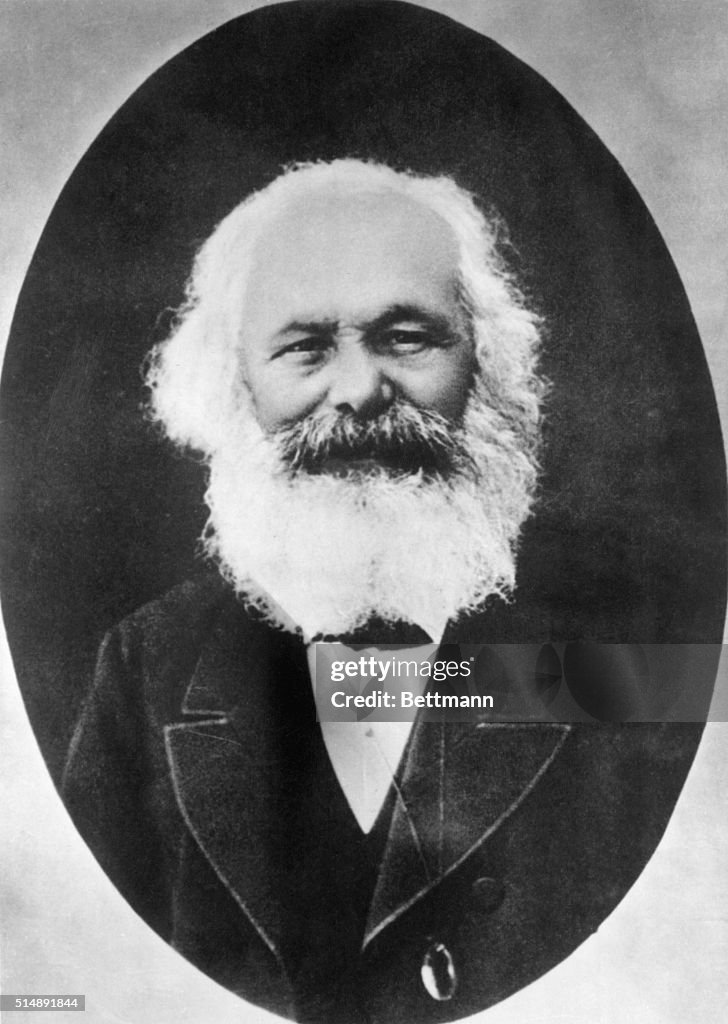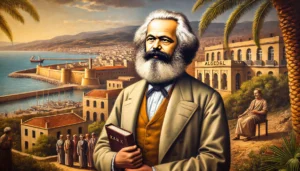Karl Marx’s visit to Algeria in 1882 was a notable episode in the final years of his life, prompted primarily by his deteriorating health. Suffering from chronic bronchitis and pleurisy, Marx traveled to Algiers in search of a milder climate that might alleviate his symptoms. His trip, however, became more than a mere health retreat; it was a period of reflection and observation, deepening his understanding of colonialism and the social conditions in Algeria (Marcello Musto) (Jacobin).
During his stay, Marx was particularly struck by the social dynamics and the colonial exploitation he witnessed. His letters from Algiers reveal his disdain for the French colonial administration and its policies, which he saw as designed to dismantle traditional Algerian society and facilitate European domination. He criticized the process of land expropriation, where French colonists acquired large tracts of land at the expense of the local population, thereby disrupting the indigenous system of communal land ownership (Marcello Musto) (Jacobin).
Marx also observed the severe social inequalities and the brutal treatment of the native Algerians. He noted the health conditions of local workers involved in construction projects, who were often provided with quinine as part of their wages to combat fever caused by malaria. His observations extended to the interactions within Algerian society, where he admired the social equality and dignified demeanor among the Arabs, contrasting it sharply with the arrogant behavior of the European colonizers (Marcello Musto) (The Liberum).
Despite his poor health, Marx remained intellectually active, continuing his correspondence and reflecting on the broader implications of colonialism. His experience in Algeria added to his critique of colonial practices and reinforced his belief in the necessity of revolutionary change to address such injustices (Trinketization) (Stanford University Press Home Page).
Marx’s time in Algeria, though short, was significant in his ongoing critique of imperialism and colonial exploitation. His observations and reflections during this period provided additional depth to his later writings and thoughts on the subject (Jacobin) (Stanford University Press Home Page).






